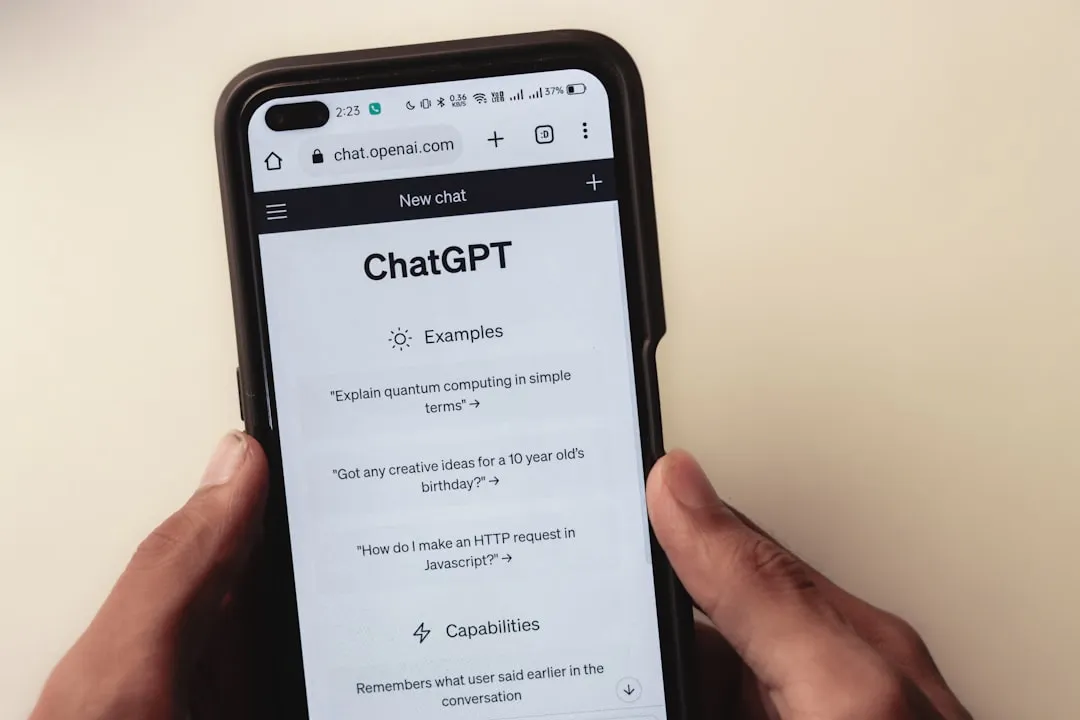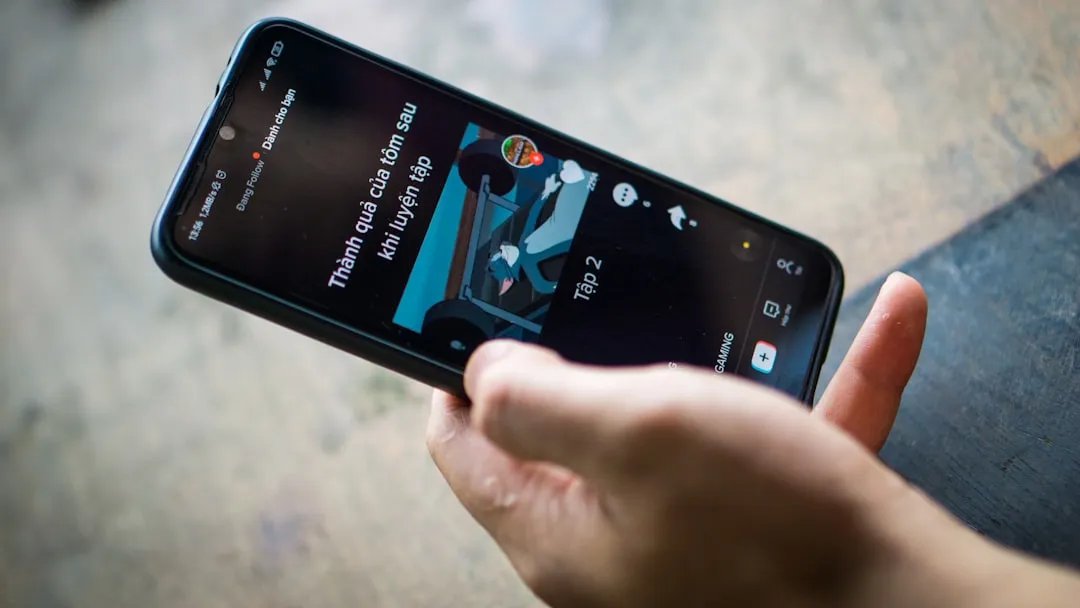WhatsApp just made communicating across languages ridiculously easy. Engadget reports that the messaging giant is now rolling out message translations on both iOS and Android apps, a big step for more than 3 billion monthly users who chat across borders. The twist, and it matters, is that translations are handled entirely on your device to maintain privacy, so WhatsApp still cannot peek at your encrypted chats.
The rollout looks different depending on your phone. iPhone users get far more language support than Android users, at least for now. Translation is emerging as a key battleground as AI inches toward near-instant language conversion, and WhatsApp is stepping into the ring beside Apple’s Live Translation and Google’s Voice Translate. The move leans on each platform’s native strengths while keeping WhatsApp’s privacy-first stance intact, a pairing that could prove hard to beat.
Android gets the basics, iPhone gets the works
Let’s break it down. Android users can translate between six languages: English, Spanish, Hindi, Portuguese, Russian, and Arabic. It is a practical starter set that covers a huge swath of global conversation.
iPhone supports translation between 19 languages, including Arabic, Dutch, English, French, German, Hindi, Indonesian, Italian, Japanese, Korean, Mandarin Chinese, Polish, Portuguese (Brazil), Russian, Spanish, Thai, Turkish, Ukrainian, and Vietnamese. That is more than triple Android’s list, which suggests WhatsApp is leaning on iOS’s built-in translation stack rather than rebuilding one. The gap hints at future Android gains as Google’s on-device tools mature.
Android does snag one standout feature that iPhone lacks: automatic translation for entire chats. Flip it on and every message in a conversation is translated automatically. Picture a multilingual family thread going from code-switching chaos to everyone simply reading in their own language.
Under the hood, your device downloads relevant language packs and does the work locally. WhatsApp piggybacks on the translation engines already built into iOS and Android, which helps with speed and battery life.
How it actually works in practice
Using it is simple. Long press a message, tap Translate, pick your target language. After you set your preferences once, translating feels like second nature.
WhatsApp says translation works in one-on-one chats, groups, and Channel updates. So it covers everything from weekend plans to business updates in the same feed.
The privacy trade is the point. Since all translations happen locally on the device, your messages do not leave your phone for translation. The flip side, accuracy can lag behind cloud services like Google Translate in nuance or cultural context. On-device processing is fast and works offline, yet it will not always catch every subtlety.
Language packs add one more wrinkle. They enable offline use, but they take up storage. You choose which ones to install, a small but real trade between space and convenience.
The bigger picture: universal translation wars
This is not just WhatsApp ticking a feature box. It is a stake in a bigger shift in how we talk online. Apple, Google, and Meta are capitalizing on AI advancements, and each is taking a different route.
Apple’s Live Translation feature allows immediate French, German, Portuguese, and Spanish translation to English through AirPods, with simultaneous two-way translation when both people wear AirPods. Hardware first, real-time voice, very Apple.
Google’s Voice Translate preserves speaker voice inflections during phone calls, while Meta’s Ray-Ban glasses translate speech using device speakers. WhatsApp, by contrast, folds translation into everyday texting. No new gadget, no new habit.
The market pressure is intense. A Microsoft study found interpreters and translators have ~98% overlap between their task activities and Copilot-style AI tasks — a measure of task overlap, not a direct prediction of job loss. WhatsApp’s move puts powerful translation in everyone’s pocket, a shift that could ripple through business, media, and cross-cultural collaboration.
WhatsApp’s playbook is simple, make translation part of what people already do. Tap, type, send, done.
What's coming next and what's missing
WhatsApp plans to add support for more languages down the line. The company is also working on automatic language detection, which would spare you from picking languages in chats where people switch mid-thread.
There is a catch. There's no word on when translation will come to WhatsApp Web or Windows app. On-device processing is the core design, and desktop platforms do not offer the same built-in translation support that phones do.
Rollout will not hit everyone at once. WhatsApp noting that the feature is "only available on certain devices and may not be available to you yet" suggests hardware or processing thresholds are in play. Keep the app updated and you will get it when your device is ready.
The split between Android’s six languages and iPhone’s 19 raises the obvious question, how fast can WhatsApp close the gap on Android? Whether that means tighter ties to Google’s stack or a more neutral approach, parity will be the test.
Breaking barriers, one message at a time
WhatsApp’s translation feature is more than a convenience. The platform now supports real-time language conversion for instant communication, nudging it closer to communication infrastructure than a simple chat app.
The feature aims to facilitate cross-cultural communication while preserving end-to-end encryption. That balance, smart AI that respects privacy, feels like the template for future features.
Think beyond small talk. International deals where language is no barrier. Students swapping ideas without pausing to translate. Emergency updates that land clearly, fast. With WhatsApp’s massive reach, these scenarios are not science fiction.
As support expands and automatic detection improves, the norm could be multilingual threads that read naturally to everyone. Your language becomes your lens, not a wall for anyone else.
For now, update WhatsApp and try it. Let your chats cross borders, your device handle the heavy lifting, and your words stay private. That combo might change how global conversation feels, one message at a time.

























Comments
Be the first, drop a comment!